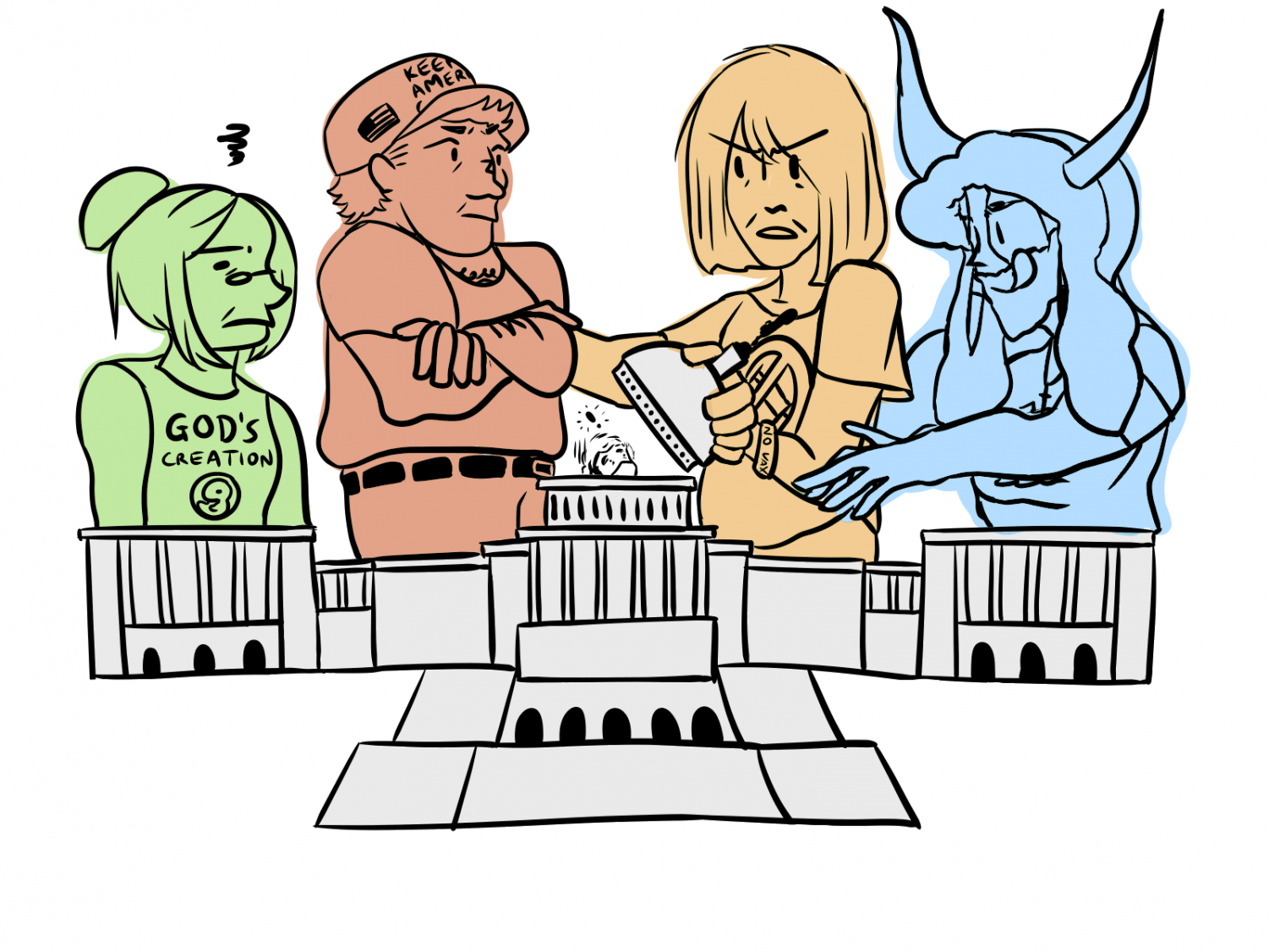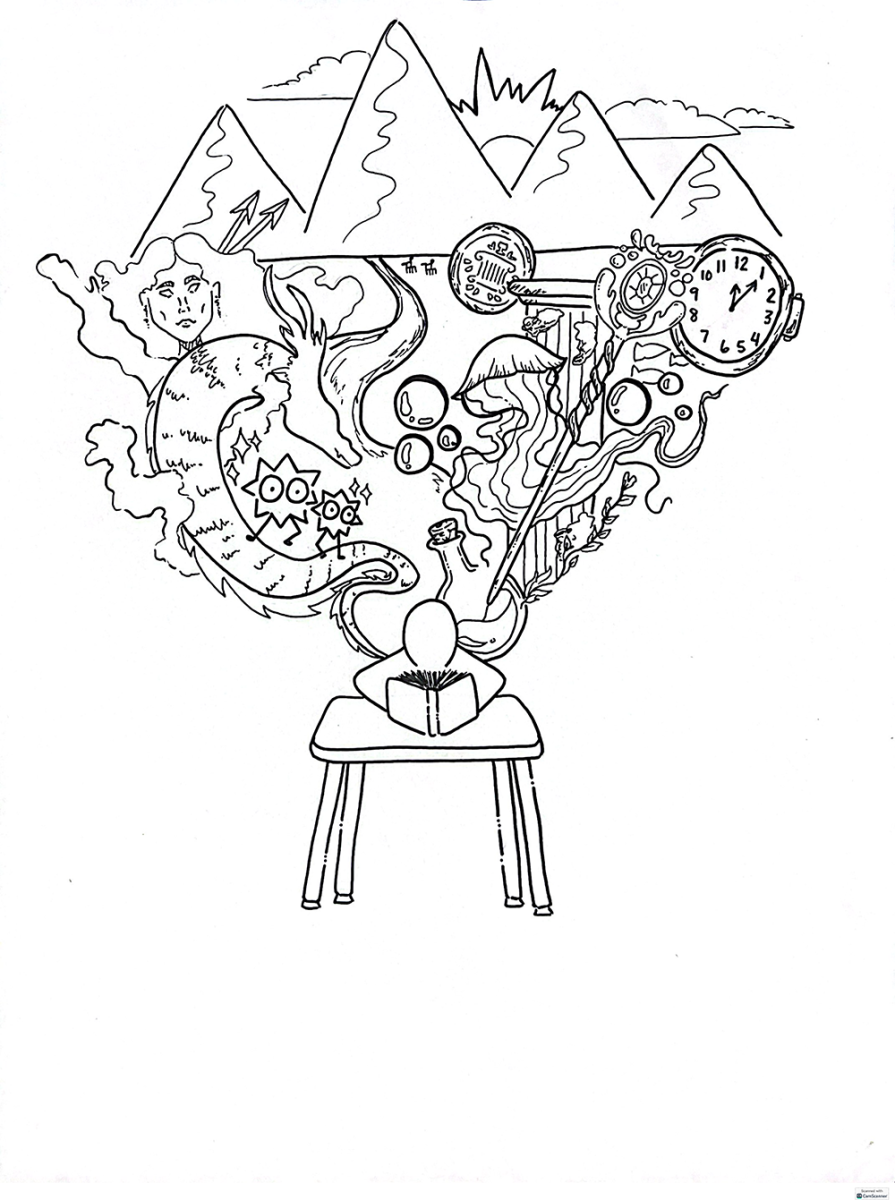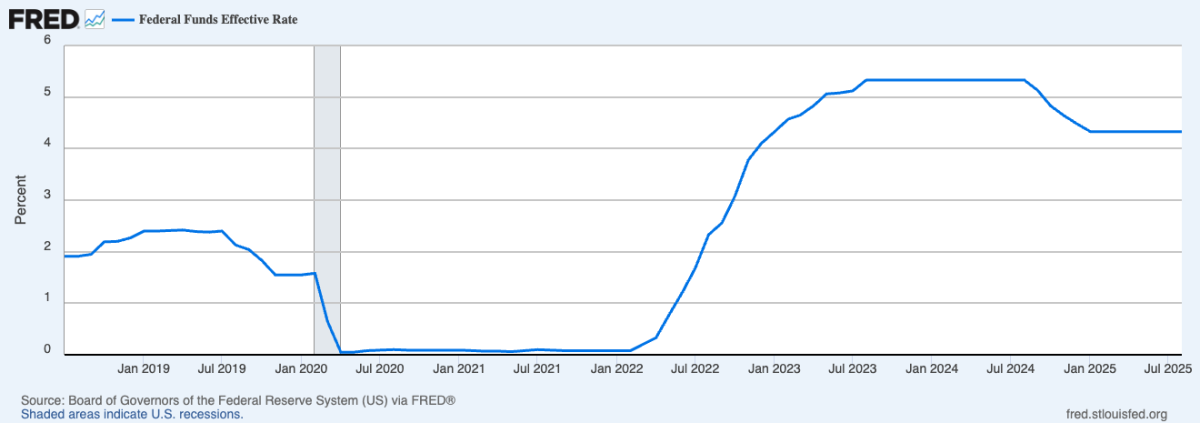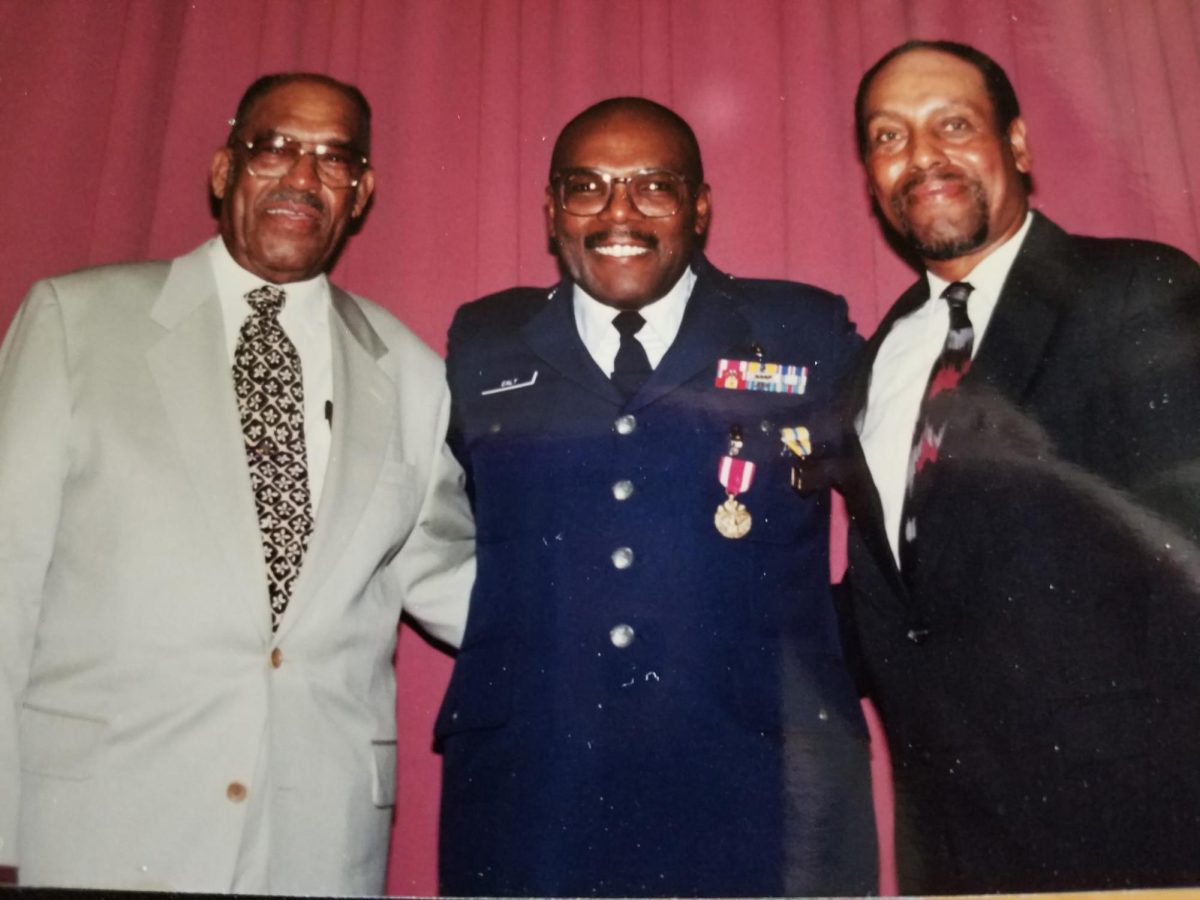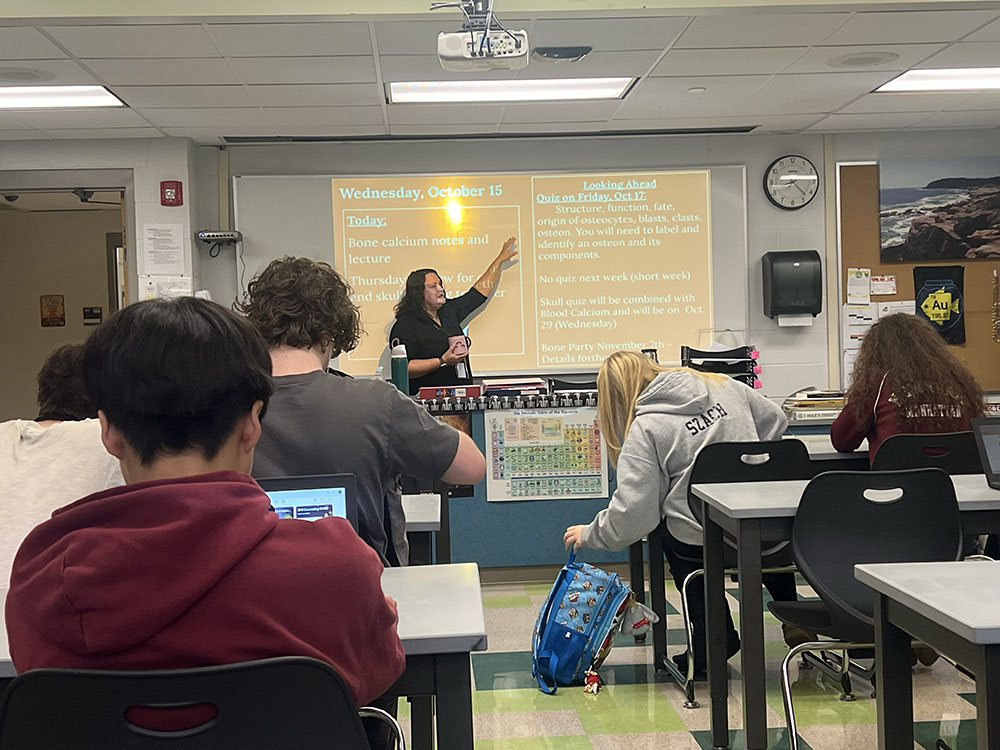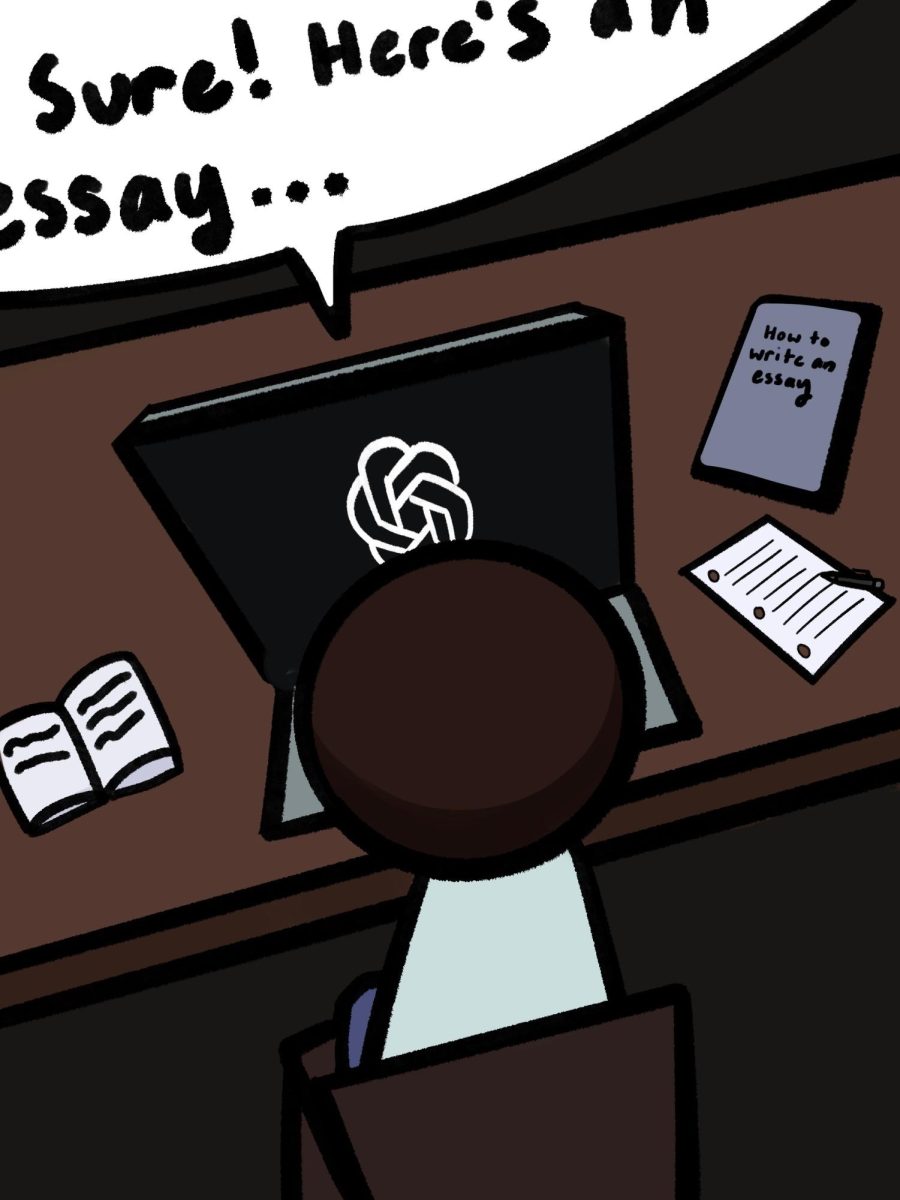Supporters of former President Donald Trump attacked the U.S. Capitol building in Washington, D.C. on Jan. 6, 2021, causing heavy damage and multiple injuries.
According to ABC News, the Justice Department has charged more than 1,200 defendants with many different charges, including obstruction of an official proceeding.
While many participants in the riot have been held accountable for their actions, the primary instigator, former President Donald Trump, seems to have largely evaded responsibility, and has a chance to be elected president once again.
Special Counsel Jack Smith brought charges against Trump last summer, but the Supreme Court’s involvement in the case has led the trial to be delayed until after the election, according to Politico.
Additionally, two decisions announced by the court this summer seem designed to make it harder to prosecute Trump: Trump vs. United States, which grants the president immunity for official duties while in office, and Fischer vs. United States, which prevents prosecutors from bringing obstruction charges against Jan. 6 defendants.
The Fischer case was brought by Joseph Fischer, a Jan. 6 insurrectionist who was charged with various crimes including obstruction of an official proceeding. He argued that the statute barring the obstruction of an official proceeding solely applies to the tampering of a congressional inquiry or investigation, Reuters published.
The U.S. Supreme Court took the case, and released their opinion on June 28, narrowing prosecutors’ ability to bring obstruction charges against Jan. , CNN reported.
The ruling, with a 6-3 decision in the case of Fischer v. United States, written by Chief Justice John Roberts, requires prosecutors to prove that defendants tried to impair or destroy documents related to an official proceeding.
The charge of “obstructing an official proceeding” comes out of the Sarbanes-Oxley Act of 2002.
Justice Roberts viewed the Justice Dept. interpretation of the law as too broad.
“The Government’s theory …. [is] a novel interpretation [that] would criminalize a broad swath of prosaic conduct, exposing activists and lobbyists alike to decades in prison,” Roberts wrote.
However, it seems predictable that the current court, constituted of a majority of Republican-appointed justices, would favor excusing members of their own party from such criminal charges.
The Court is not supposed to have a partisan leaning, but their recent decisions seem overly politicized, and are likely to make it more difficult for prosecutors to hold Trump and others accountable for the violent attack on democracy that occurred on Jan. 6, 2021.
Social studies teacher Missy Buddenhagen explained that when the court becomes more political, it risks losing legitimacy.
“Any time we see a ruling that appears to be moved in some way by political opinion or tailored to favor a particular person we risk eroding the foundational idea of the rule of law,” she said.
Social studies teacher Pam Crossman is also concerned about the impact of the court’s recent decisions.
“When people start to question the authority of our government institutions, that makes the situation ripe for corruption,” Crossman said.
The Supreme Court’s decision has led the Justice Department to reassess several ongoing cases from the Jan. 6 attack.
As of now, federal prosecutors have started to offer retooled plea deals or dropped the obstruction charge for some defendants.
Around 259 individuals have been facing the charge, which accuses them of hampering the certification of President Joe Biden’s 2020 victory in the presidential election.
However, the Supreme Court’s decision does not drastically change the outlook for most of the Jan. 6 defendants.
In fact, according to the Justice Department, only 50 out of the nearly 1,400 individuals involved in the riot were solely charged with obstruction and not other felonies, with less than 2% currently serving prison time.
For those already convicted, the Justice Department has acknowledged that the ruling may prompt further legal evaluations, such as, in some cases, release from jail.
Among these people include Kevin Seefried, who was seen carrying a Confederate flag inside the Capitol.
According to The Washington Times, he was sentenced to nearly three years in prison, but now has an opportunity to appeal his sentence.
The Justice Department has announced that it is adjusting to the new standards set by the Fischer decision.
“The government will be reviewing individual cases against the standards articulated in Fischer, as well as the anticipated ongoing proceedings related to Fischer in the D.C. Circuit, to determine whether the government will proceed with the charge,” they announced in a press release.
As for former president Trump, Special Counsel Jack Smith filed a new indictment against him on Aug. 27 that complies with the Supreme Court’s recent rulings, but it is not likely that the case will move forward before the election.
Meanwhile, many voters seem to want to forget about Jan. 6, or they don’t hold Trump accountable.
However, it is critical that we acknowledge the importance of what happened on Jan. 6, a day that has left an indelible mark in our country’s history, and that we hold the insurrectionists accountable.

